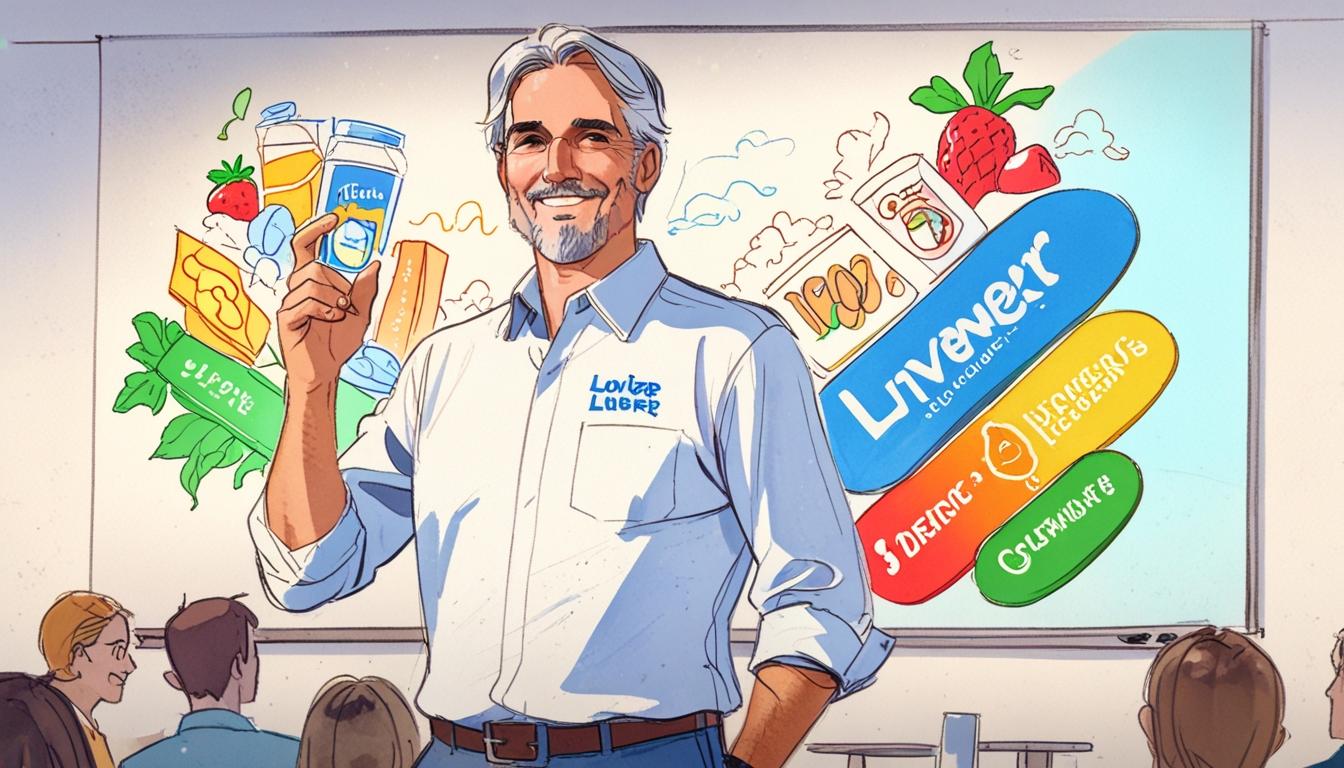Unilever’s new chief executive, Fernando Fernandez, has outlined a confident and swift strategy to revitalise the consumer goods giant, following a positive start to the year with sales growth in the first quarter. Speaking in his inaugural address, Fernandez emphasised that Unilever is on track to meet its annual targets and distanced the company from the ‘woke’ positioning that attracted criticism under its previous leadership.
Fernandez, who stepped into the role in March after the departure of former CEO Hein Schumacher, described the company’s performance in the early months of the year as resilient. “We are moving at pace, confident in making progress in 2025 and beyond,” he said. Unilever, which markets well-known brands including Dove, Hellmann’s, Lynx, and Persil, recorded a 3 per cent increase in sales from January to March. This growth was supported by a price rise of 1.7 per cent and a 1.3 per cent lift in sales volume.
The turnaround hints at the success of Schumacher’s earlier ‘do fewer things better’ approach, especially driven by the strong demand for Unilever’s ‘power brands’ such as Dove and Vaseline. The group has maintained its forecast of annual sales growth between 3 and 5 per cent.
In line with changing leadership priorities, Fernandez indicated a clear shift away from the company’s previous emphasis on environmental and social messaging within its brands. He stated that Unilever would not “force feed” such messages, reflecting a response to investor concerns. Terry Smith, a fund manager, had criticised the company’s former focus on social purpose, particularly targeting claims like those made about Hellmann’s mayonnaise.
Addressing media reports regarding the status of the Ben & Jerry’s ice cream business, Fernandez confirmed that the brand’s founders, Ben Cohen and Jerry Greenfield, were interested in reacquiring the firm but reassured that the company’s plans remain unchanged. The ice cream division, which posted a 4 per cent sales increase to £1.54 billion, is set to be spun off and listed on the Amsterdam stock exchange. “The separation and listing of ice cream is the option we considered to maximise shareholder value. That has not changed. Ben & Jerry’s is not for sale,” Fernandez affirmed.
The company has been undergoing a significant restructuring process since last year, including the cutting of 6,000 jobs under a broader plan announced by Schumacher to eliminate 7,500 positions and generate £470 million in savings.
Despite external challenges such as ongoing trade tensions between the US and other countries, Fernandez expressed cautious optimism about navigating supply chain disruptions. He acknowledged concerns about waning consumer confidence in North America but described the potential impact as “very limited and a manageable impact,” highlighting Unilever’s internal flexibility to address such issues.
The Daily Mail reports that Fernandez’s leadership marks a pivotal moment for Unilever as it seeks to sharpen its commercial focus while managing the expectations of investors and consumers amid a complex global economic environment.
Source: Noah Wire Services
